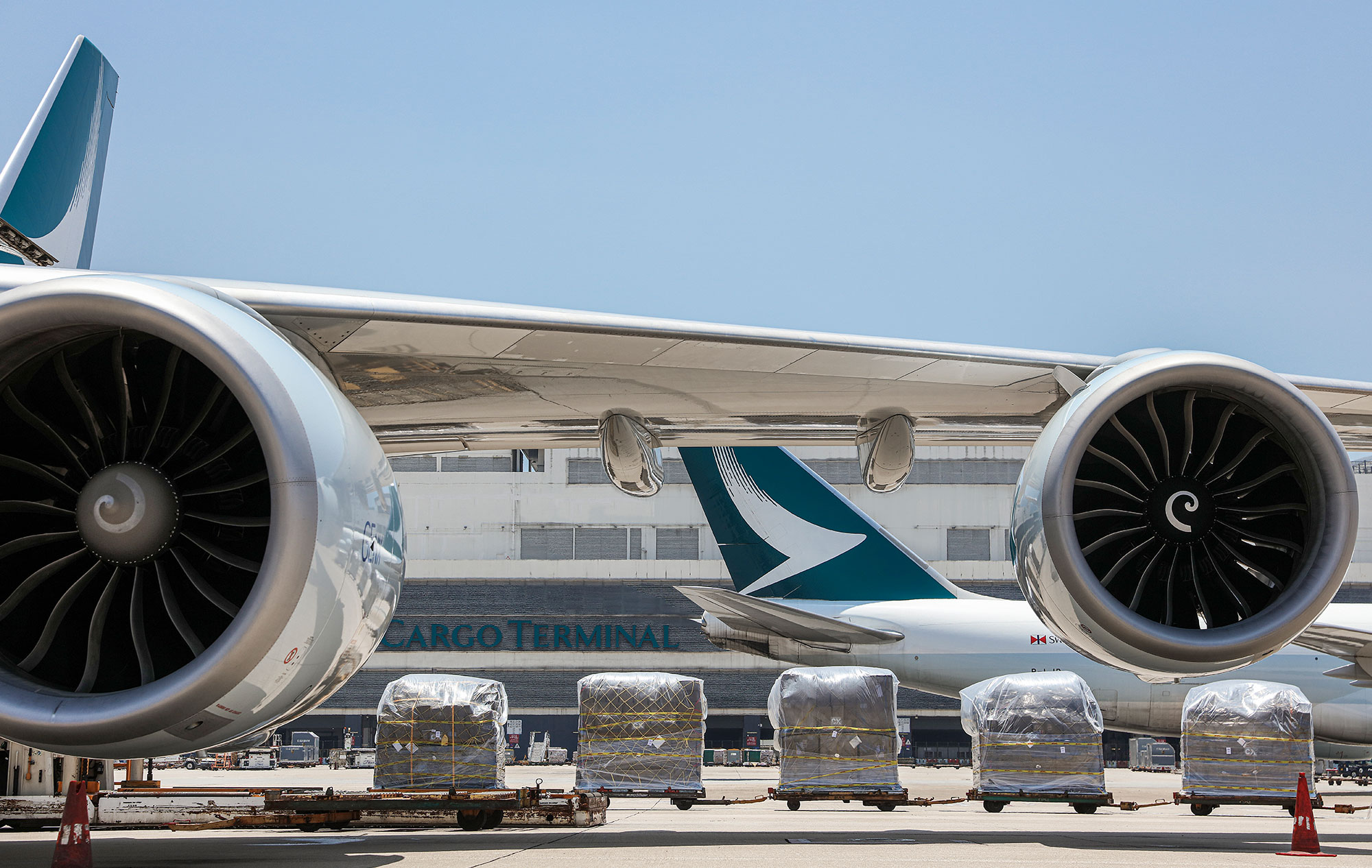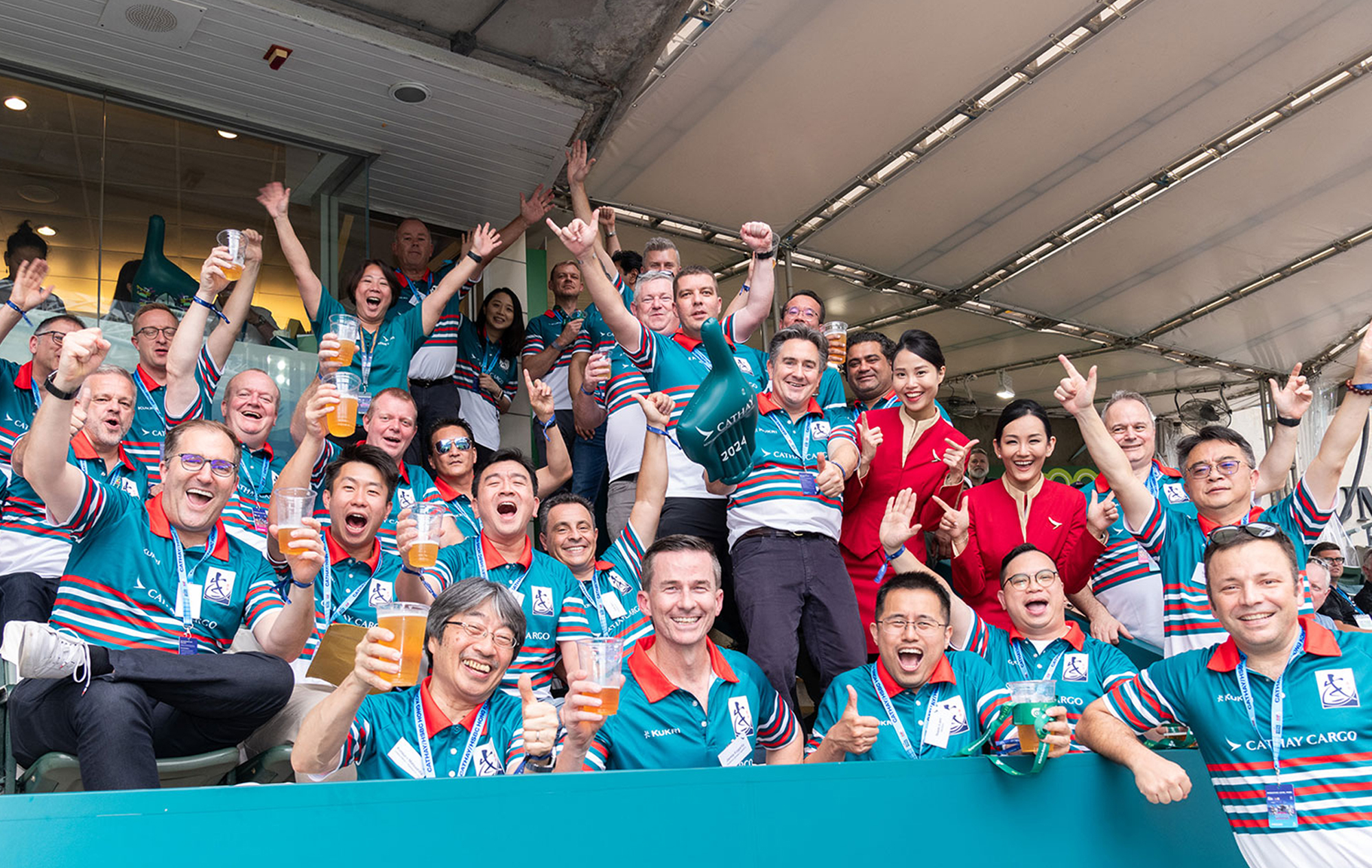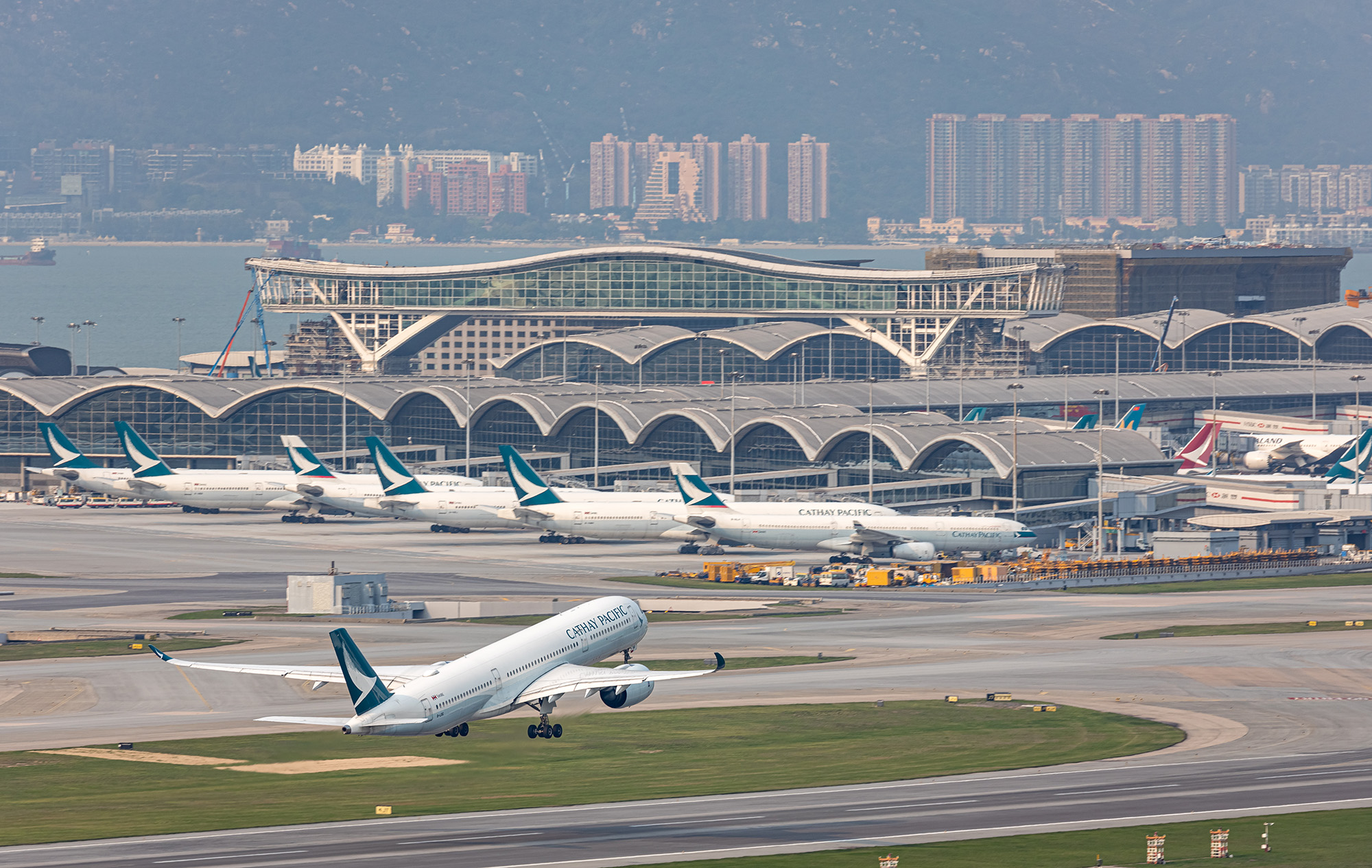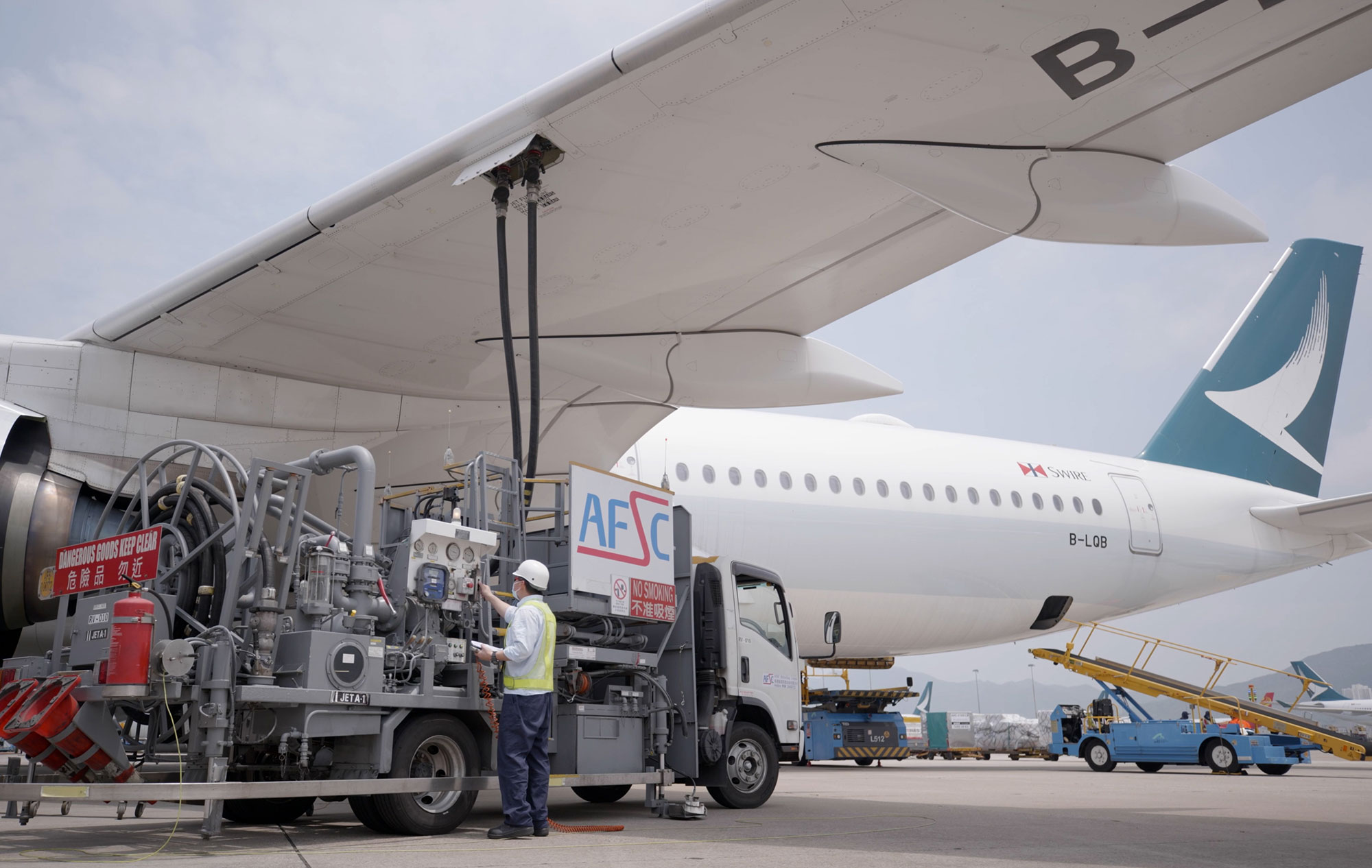With its beaches, tropical rainforest and waterfalls, Puerto Rico shares many associations with its Caribbean neighbours, but this archipelago is also a manufacturing centre of global significance. This group of four islands is the largest insular territory of the US, and it exports a multitude of goods – from chemicals, electronics and apparel to canned tuna, rum, medical equipment and pharmaceuticals.
‘These exports are shipped all over the world,’ says Javier Aleman, station manager, Puerto Rico, at DHL Global Forwarding. He adds that while aircraft parts are an up and coming business, like every other export industry on the islands it is dwarfed by healthcare and pharma traffic, which accounts for some 70 per cent of Puerto Rico’s exports and between 80 and 90 per cent of DHL Global Forwarding’s outbound business.
The territory boasts 49 pharmaceutical companies approved by the US Food and Drug Administration (FDA), and the list reads like a Who’s Who of the global industry, including AstraZeneca and Bristol Myers Squibb to Eli Lily, Novartis and Pfizer.
Worth about US$14 billion in 2015, Puerto Rico’s outflows for this sector accounted for 24 per cent of all pharmaceutical and medicine exports from the US, which made the territory the nation’s largest exporter in this segment – ahead of second and third-place California and Indiana. Interestingly, each of those states sent out only about half as muchas Puerto Rico in terms of value.

Pharma products from Puerto Rico are dispatched to countries all over the world. In Asia, Japan and China are the leading destinations, but ‘virtually all other countries in the region import from Puerto Rico,’ according to Aleman.
He adds: ‘Tighter FDA regulations and the rise of bio-pharma products mean that the requirements for cold chain integrity keep increasing. You must be GDP-compliant.’
DHL Global Forwarding has invested more than $800,000 this year to expand its temperature-controlled facility at the airport. The building has several chambers for different temperature ranges. The largest volume requires ambient temperatures between 15 and 25oC. Aleman adds: ‘The 2-8oC range is bound to grow considerably due to the increase of bio-pharma products.’
In recent months airfreight capacity has increased hugely, as a number of airlines have launched flights to Puerto Rico, including several all-cargo operations. Aleman welcomes the additional lift that has increased his choices, but adds that not every carrier has the requisite capabilities to handle pharmaceuticals.
To Asia, DHL Global Forwarding frequently taps into Cathay Pacific Cargo’s freighter flights between Miami and its home base. Cathay Pacific has interline agreements with two US freighter operators, Amerijet and ABX Air, to feed traffic from San Juan to its Miami departures five days a week.
Jose Baez, owner of Air Cargo Solutions, the general sales agent that represents Cathay Pacific in Puerto Rico says: ‘These carriers transfer the cargo in Miami to Cathay Pacific’s facility within half an hour of landing to ensure cool chain integrity.’
For Aleman, cool chain expertise and responsiveness are the critical qualities he looks for in a carrier, and that these valuable exports depend on.








